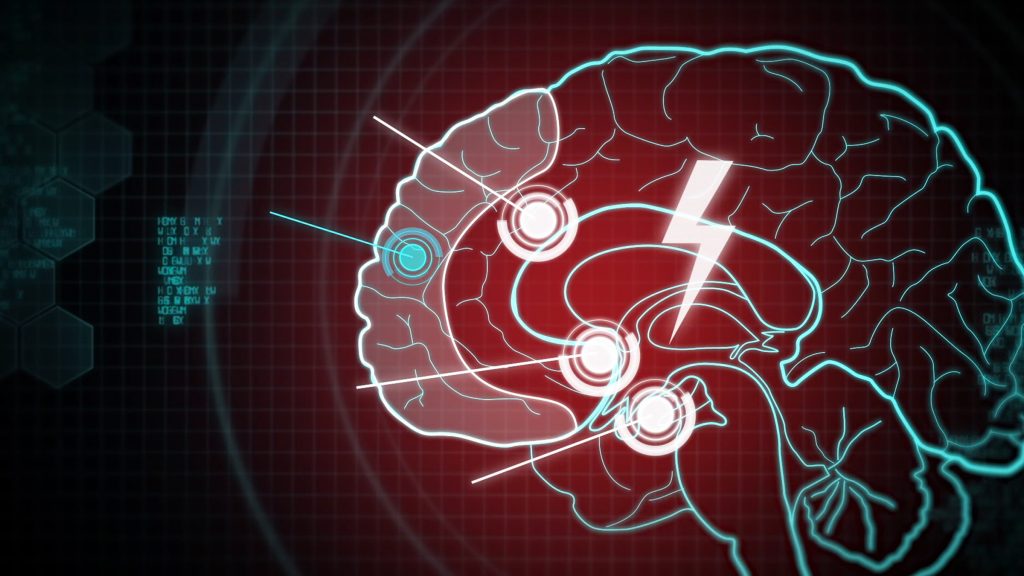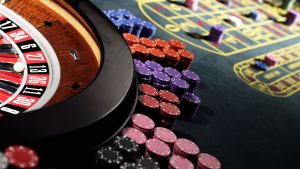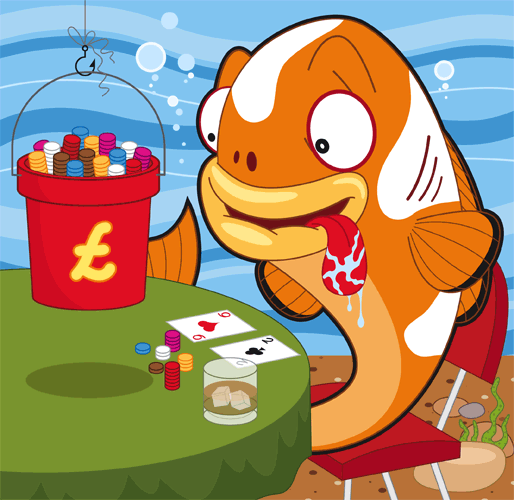It is often said that poker is not a game of cards, but a game of people. Poker psychology often involves two sides. The first deals with your ability to train your emotions and thought processes, which can help you play the best poker game possible. You must conquer your demon first before you can comfortably be a winning player.
The other side to poker psychology involves the understanding of your opponents’ thought processes and actions. This guide will provide an insight into how to understand your opponent. Keep on reading!
The Importance of Observation
The best poker players will tell you how much importance they place on the player and not the cards. Indeed, several great poker players have boasted that they can win poker games without looking at their cards. What you must not ignore at the poker table is to continually study your opponents to ensure that you can extract as much from them as you can.
You should note how your opponents react to certain situations. Generally, weak poker players and beginners place little importance on studying their opponents. In the process, they fail to look beyond their cards when making decisions. While this may not be surprising for poor players, better poker players should not be expected to neglect what their opponents do, as well as their countenance.
Neglecting what an opponent might be down to several reasons. First, some players are too lazy. They find it mentally challenging to critically study their opponents. Secondly, some players might be playing at multiple tables on the internet. This makes it much harder to note your opponents’ actions.
Besides this, some players might underestimate their opponents to an extent that they feel what they hold or their actions are inconsequential. They do not consider it worth their time to assess their opponents individually. Furthermore, some players are often so distracted by what happens around them that they forget one of the basics of playing poker: studying your opponents.
These kinds of players will find it difficult to rake in any substantial profit at the tables. It becomes harder for them to fulfill their potential. Even though they might scrape little profit at poker tables, as they progress to higher limits, they will hit a wall as opponents become more important.
This observation also includes watching out for available bonuses and advantages you can make the most of. For some players, knowing bet365 bonus code no deposit presents them with a tool that can boost their winning chances. With good observation, you cantake note of the best tools you opponents can hurt you with while protecting yourself.
Spotting changes
While the first impressions your opponents have on you are useful, you must be wary of placing too much importance on the initial observations of a player. A destructive facet of human behavior is that it is easier for someone to embrace any evidence that supports an opinion that has already been formed about something while disregarding evidence that contradicts it.
In the game of poker, you will find players that will place a label on their opponents and they stick to it even in the presence of mounting evidence to the contrary. With this in mind, the relevance of flexibility cannot be stressed enough.
Take, for instance, while playing poker, you notice that your opponent is playing loosely, showing down some questionable hands. Naturally, you would be delighted to encounter that player again. After meeting them again, you sit on their left-hand side. You proceed to a value bet while completely isolating them, hoping to take advantage of your superior starting hands.
Yet, you start becoming frustrated as they keep showing down better hands than you. In this case, the player was not playing as loosely as you thought in the previous section. You couldn’t notice this since you already labeled the player as loose while completely ignoring the evidence that contradicts it.
Even though, having a solid math knowledge can give you an edge against your opponent, playing the game involves more than acquainting yourself with how odds work. While poker begins as a game of odds and probabilities, it ends as a mind game. While many other casino games are strictly based on luck or odds, poker has a lot to do with how you can read your opponents’ moves while assessing the chances of beating them either by having the best hand or by bluffing with a weaker hand.
Conclusion
Being a proficient or great player involves more than your outward appearance or how you can draw attention to yourself. It goes beyond your poker math strength. While poker is math, poker is also mind. How can you tell what other players can do with their hands? How can you evaluate your chances of getting away with bluffing with a weaker hand? Answering these questions and more can improve your gameplay.






